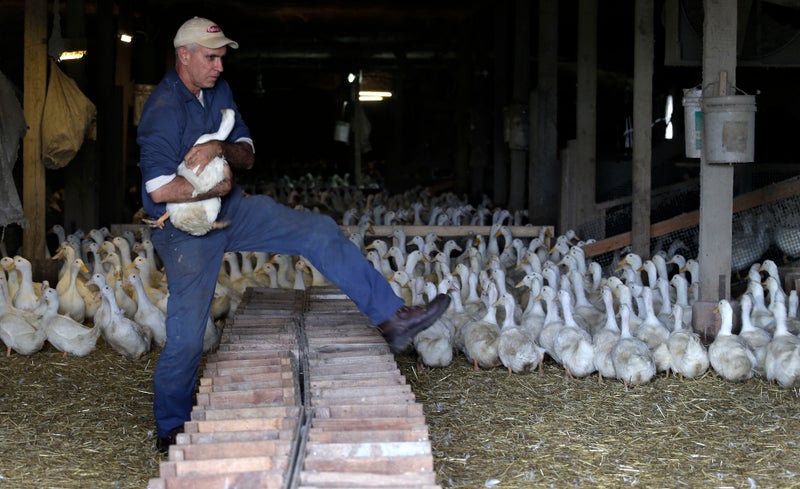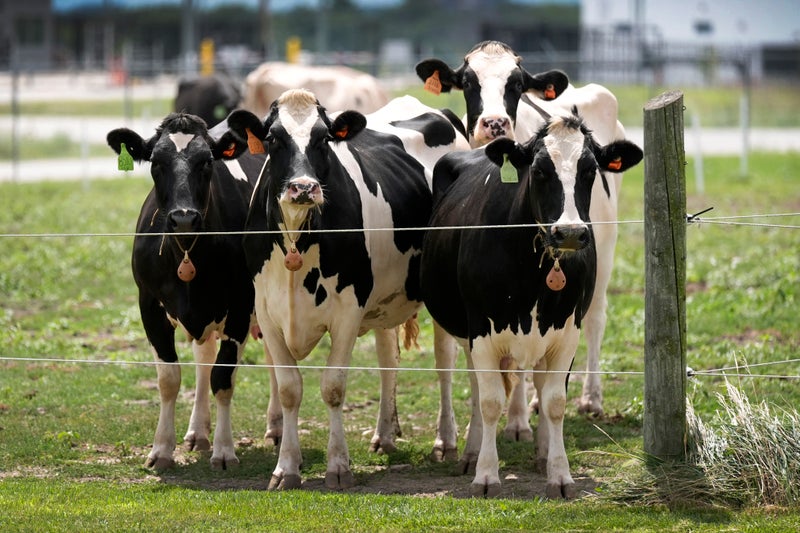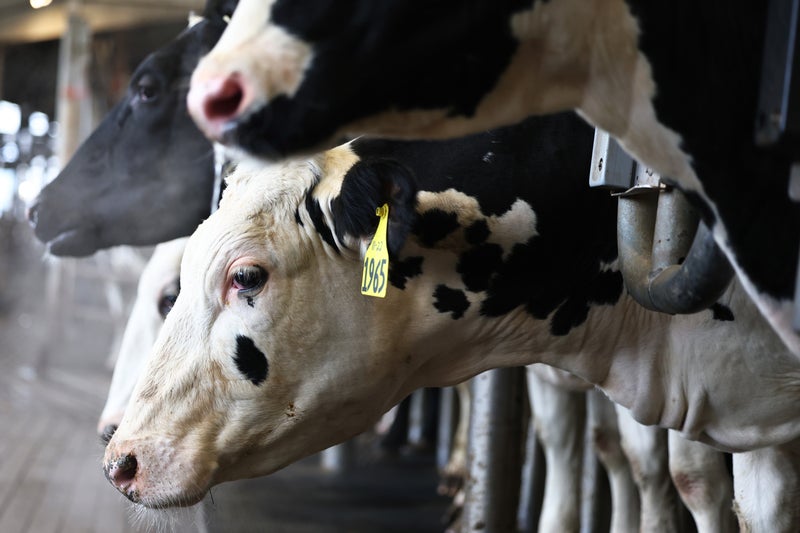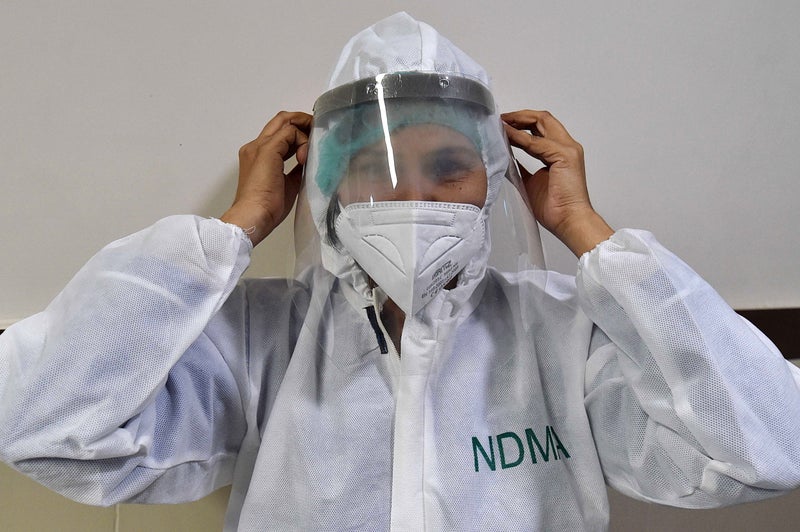Experts are anxious that bird flu could become airborne — and jump-start another pandemic
Experts are anxious that bird flu could become airborne — and jump-start another pandemic
Share:
Scientists say the world needs to learn more about H5N1 bird flu and how it spreads. H5N1 does not have the ability to transmit from person to person, researchers say, and health officials have stressed that the risk to Americans remains mild. Tracking viral shifts could also be crucial to preventing negative outcomes in the future. It took more than two years for the WHO to recognize that Covid spread through the air. Last March, the Department of Agriculture discovered that cows infected with H5N1 could possibly pass the virus to people through droplets from milking machinery.
![[In this photo illustration, eggs sit in a container last month in Miami, Florida. Grocery stores across the nation are running short on eggs amid the spread of H5N1 bird flu]](https://static.independent.co.uk/2025/02/03/21/37/GettyImages-2195558472.jpeg)
While bird flu mainly spreads from oral-to-fecal routes in birds, University of Florida microbiologist Dr. John Lednicky said that between mammals is different. Dr. Sander Herfst, who worked on the December ferret study, found that a few mutations had allowed bird flu to become airborne. Exactly how influenza spreads through the air, however, is unclear. “Very basic knowledge is indeed missing,” he told The Times.






















